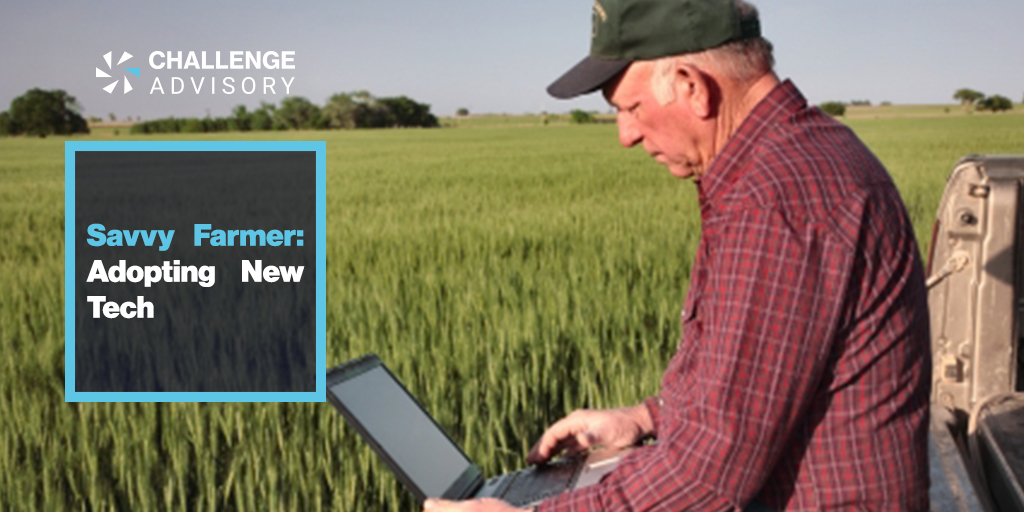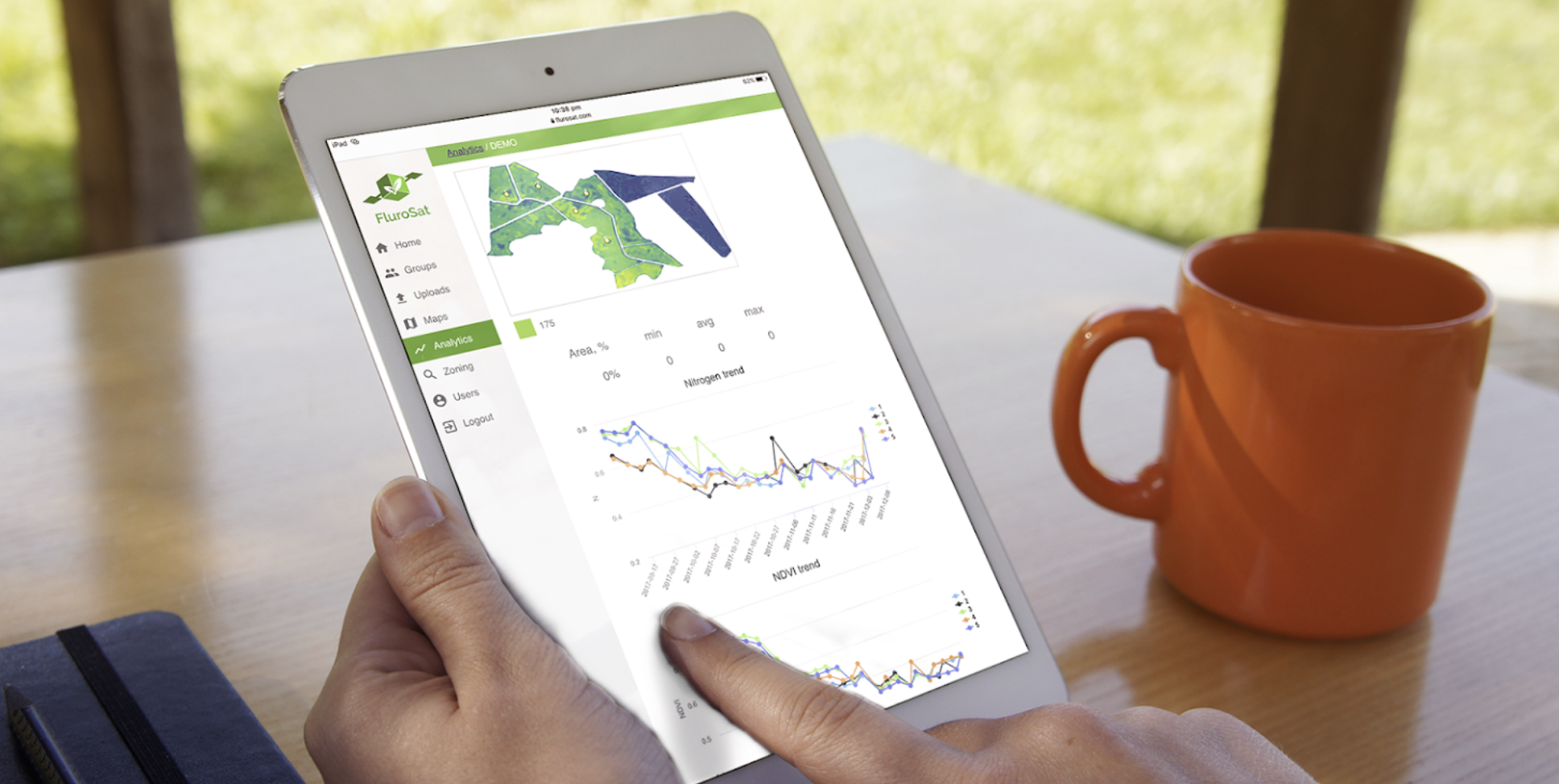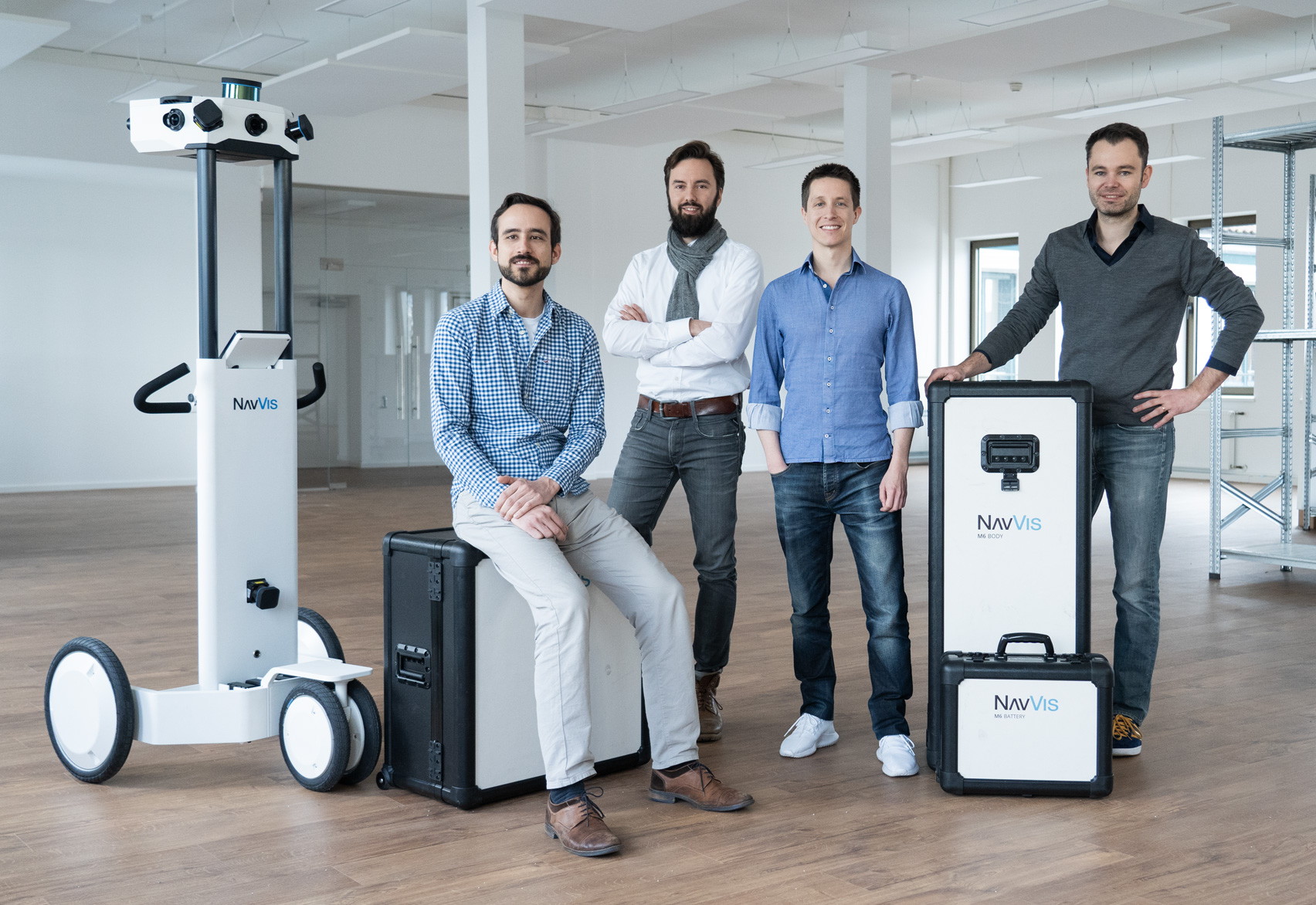
 Thu, 23 Aug 2018
Thu, 23 Aug 2018

While the agricultural and farming practices have always been evolving throughout time, adopting new technologies and procedures in the past decades for those who provide the globe with nourishment has presented a challenge that comes in hand with the aging farm population. Currently, with the global pressures of feeding an ever-growing world, it has become exceedingly important for farmers to implement the innovations in precision agriculture. The question remains on whether it is the reluctance from farmers to adapt to technological ways or is it an economic- related issue?
According to Business Accelerator, the average internet-enabled tractor can cost up to $350,000 and unmanned aerial vehicles like drones can cost up to $1,000. These agricultural solutions provide data and analytics that are useful for determining inputs and for recordkeeping. Nevertheless, procuring and understanding this data is both complicated and expensive.
What does this expensive AG technology venture mean for small-scale farmers?
Small-scale farmers and stakeholders opt for more traditional farming methodologies due to the considerable expense when investing in precision agriculture. However, whilst these investments are costly they are still necessary to implement given the difficulties of modern-day farming and the importance of evolving alongside AGTech to remain relevant. Companies within the industry are aware of this and have begun to create new and affordable solutions to push this initiative.
Products such as FieldBee by eFarmer, a small GPS device that can be attached to old and new tractors, have been implemented by farmers in North Carolina to measure fields and obstacles and automatically record field operations. From minimising the use of paper records to improving the accuracy of field treatments, these affordable technologies give small-scale farmers a glimpse of the future of agriculture.
According to Mouser, the USA alone have a market of over 1.8 million small farms. Therefore, it is imperative to focus precision agriculture on a smaller-scale, making it affordable and easy-to-use for the average 58 year- old US farmer.
Smartphone applications combined with devices such as handheld sensors, remote sensors and weather stations are specifically being developed to target the small-scale farmers across the United States. They act in similar ways to the advanced technology produced for industrial farms by providing:
Some concerns raised by farmers in adopting the new technologies in AG – namely the use of drones and internet-enabled tractors – are that of data security, unidentified return on investments (ROI) and even the loss of the experience-based nature of farmers.
The Substantial Benefits of New Precision Agriculture Technology Adoption
But these concerns can be of less magnitude for small-scale farmers. When opting for products by industry specialists as well as using devices that directly connect to your smartphones, farmers do not have to rely on independent organisations to translate complicated data or expensive machines to carry out their work. Therefore, farmers can make informed decisions based off of accurate databases whilst preserving the culture and tradition of experience-based farming.
Ultimately, precision agriculture and digitisation of farming cannot focus solely on the industrial farmer. Since the AGTech industry have recognised the crucial work of grassroots farmers there have been widespread innovations that assist their progress towards the future of precision agriculture.
These small digital changes not only improve farm productivity through valuable and detailed feedback but most importantly they can help improve the quality of life for the farmer by enabling them to maximise their productivity with minimal efforts.
Our Agriculture 4.0 workshop mission is to help farmers better engage with the latest technology available in the market and present a wide range of solutions for the modern farmer.
To address these challenges, we have developed AG40 workshop, a programme designed around bringing key stakeholders from throughout US agriculture together to tackle the most issues in relation to the stability of the market. To find out how this will be achieved, and whether you can be involved in this, follow the link here and below:
ABOUT AG40
Challenge Advisory is bringing together AG40, a unique workshop where organisations will have the ability to network amongst each other for precise and profitable resolutions across the entire industry. There will be panel discussions and workshop sessions designed to create partnerships and profitable business development, helping to find cross-specialism solutions to current sectoral challenges.
Join Challenge Advisory and all our stakeholders for education, interoperability and investment relating to the latest technology in digital agriculture – click here to find out more:




Rebecca Lam

Rebecca Lam